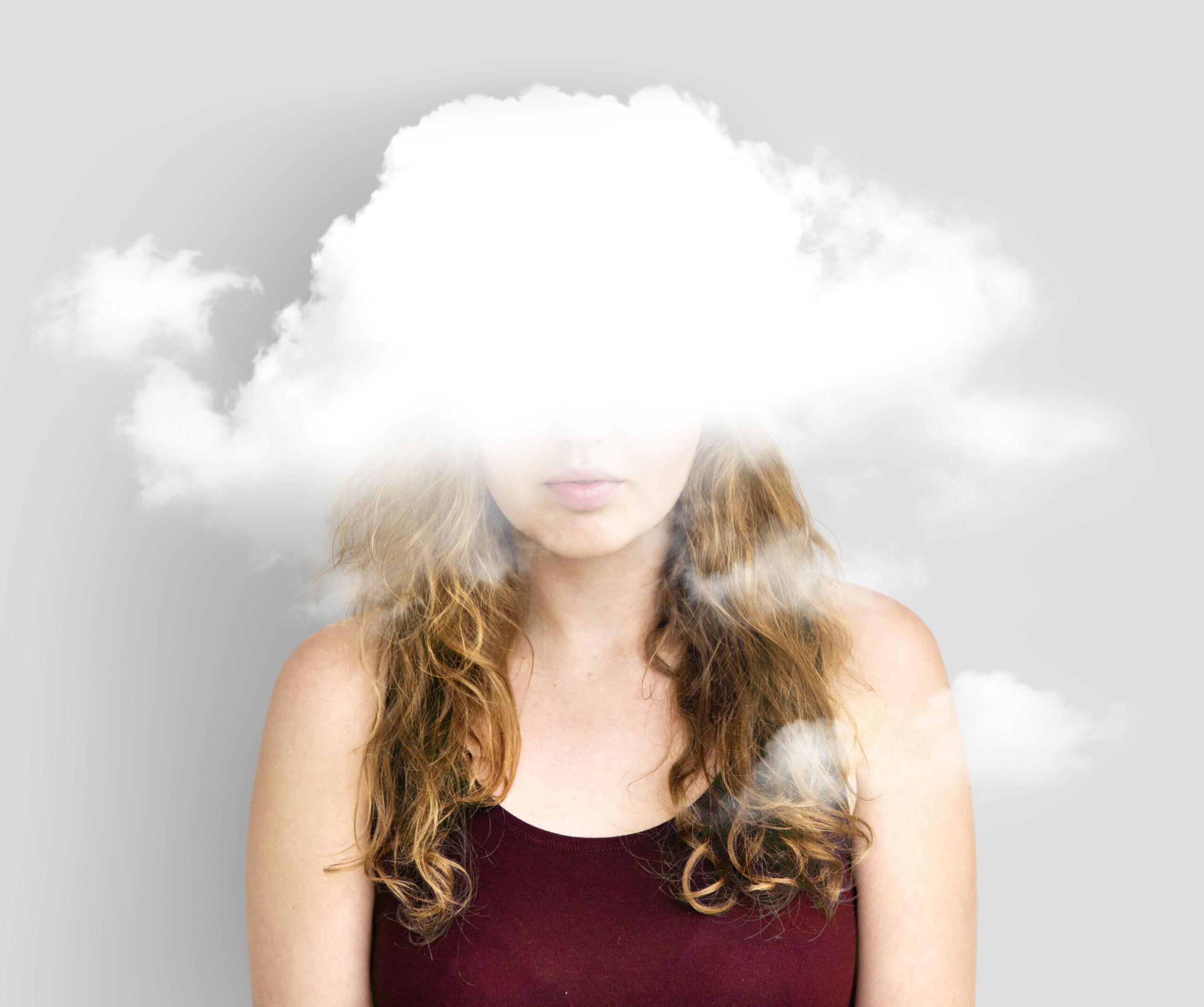Anxiety is a common condition that affects many people at some point in their lives. Various factors, including stress, trauma, genetics, and medical conditions can cause anxiety.
Although anxiety can be a debilitating condition, there are several relaxation techniques that can help reduce anxiety and promote a sense of calm and well-being. In this article, we will discuss some effective relaxation techniques that can help you relax when you are feeling anxious.
Take a breath and follow our tips to relax when anxious.
Deep Breathing
Deep breathing is a simple and effective relaxation technique that can help reduce anxiety and promote relaxation. Find a quiet place to sit or lie down to practice deep breathing.
Close your eyes and focus on your breath. Inhale deeply through your nose, hold for a few seconds and exhale slowly through your mouth. Repeat this process for several minutes, focusing on the sensation of your breath as it moves in and out of your body.
Progressive Muscle Relaxation
Progressive muscle relaxation is a relaxation technique that involves tensing and relaxing different muscle groups in the body. This technique can help reduce muscle tension and promote relaxation.
To practice progressive muscle relaxation, find a quiet place to sit or lie down. Starting with your toes, tense and hold the muscles for a few seconds, then relax the muscles completely. Move up your body, tensing and relaxing each muscle group as you go.
Mindfulness Meditation
Mindfulness meditation is a relaxation technique that involves focusing your attention on the present moment. This technique can help reduce anxiety and promote a sense of calm and well-being.
To practice mindfulness meditation, find a quiet place to sit or lie down. Close your eyes and focus your attention on your breath. If your mind wanders, gently bring your attention back to your breath.
Writing
Writing your thoughts and feelings can be an effective way to release emotions and reduce anxiety. Writing can help you identify negative thought patterns and find solutions to problems that are worrying you.
To start writing, find a quiet place free from distractions. Then, write freely about your feelings without worrying about grammar or spelling. Try to write for at least 10 to 15 minutes per day.
The best diary apps are here! Click!
Yoga
Yoga is an ancient practice that combines gentle movements with breathing and meditation techniques. Yoga can help reduce anxiety, promote flexibility, and relieve muscle tension.
There are many yoga poses that can be helpful for reducing anxiety, including downward-facing dog pose, child’s pose, and warrior pose. See our post about yoga here!
Massage
Massage is a form of therapy that can help reduce anxiety and promote relaxation. Massage can help reduce muscle tension and pain, as well as improve sleep. There are several types of massage that can be helpful in reducing anxiety, including Swedish massage, therapeutic massage, and Thai massage.
Guided Imagery
Guided imagery is a relaxation technique that involves visualizing calming and soothing mental images. Guided imagery can help reduce anxiety and promote a sense of well-being. To practice guided imagery, follow these steps:
- Sit comfortably with your back straight, and your eyes closed.
- Visualize a calm and peaceful place like a beach or park.
- Imagine yourself there, observing the details around you and hearing the sounds around you.
- Focus on the feeling of peace and tranquility that you experience in this place.
- Stay in this image for several minutes or until you feel more relaxed.
Self-care is an important aspect of maintaining good physical and mental health. It involves taking deliberate actions to care for oneself, both physically and mentally.
Engaging in self-care can help improve overall health and well-being, as well as reduce the risk of various health problems.
The best self-care tips to avoid and reduce anxiety:
Getting enough sleep: is crucial for maintaining good health. Lack of sleep can increase the risk of various health problems, such as obesity, diabetes, heart disease, and depression. Adults should aim for 7-9 hours of sleep per night, while teenagers and children need more.
To improve sleep, establish a regular sleep routine, avoid caffeine and alcohol before bedtime, and create a comfortable sleeping environment.
Exercise: Regular exercise is essential for good physical and mental health. Exercise can help reduce the risk of various health problems like heart disease, diabetes, and depression. It can also improve sleep, boost energy levels, and promote weight loss.
Adults should aim for at least 150 minutes of moderate-intensity exercise or 75 minutes of vigorous-intensity exercise per week. Choose activities you enjoy, such as walking, swimming, or dancing.
Conclusion
Anxiety can be a debilitating condition, but several relaxation techniques can help alleviate anxiety and promote a sense of calm and well-being. Try some of these techniques and discover what works best for you.
Remember that relaxation is a skill that can be learned and perfected with practice. Over time, you may find a set of relaxation techniques that help reduce anxiety and promote a healthier and happiness.



[…] recognized and cherished. So, let’s celebrate these extraordinary individuals and make their hearts smile with gifts that speak volumes about our […]
[…] Journaling, engaging in creative outlets, or participating in therapy sessions can be immensely beneficial for processing emotions and reducing stress. […]